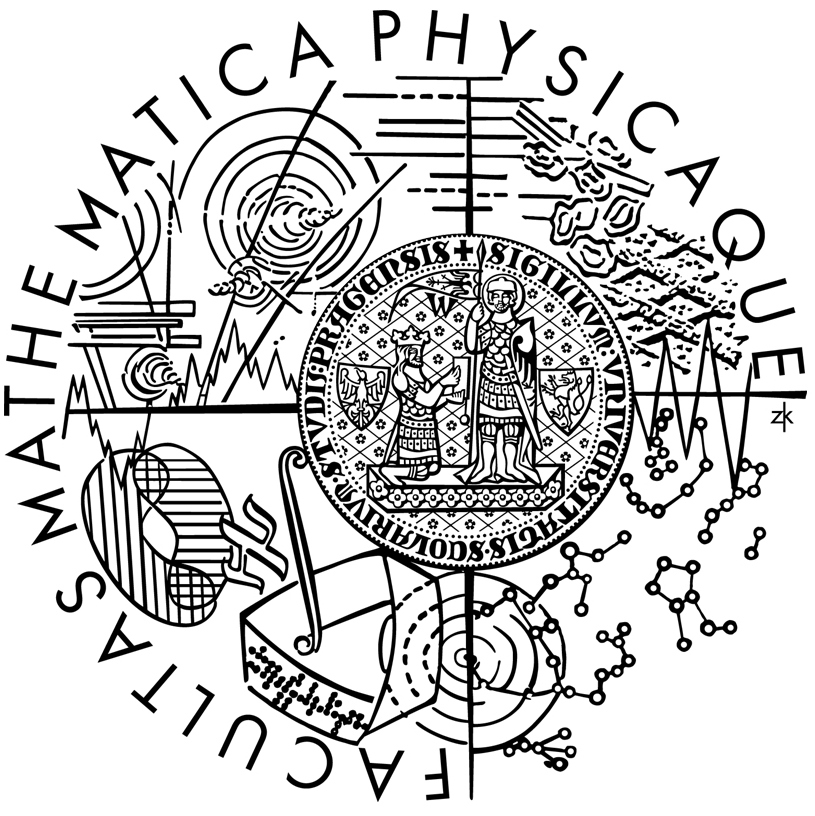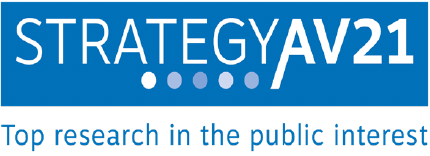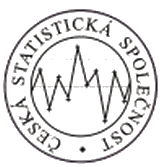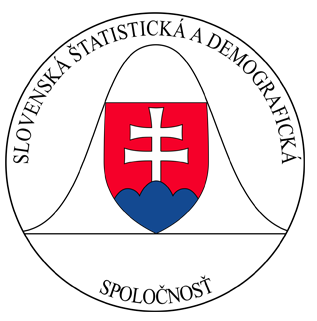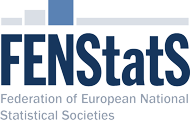Venue
Charles University, Faculty of Mathematics and Physics, Malostranské nám. 25, Prague 1 (November 6)
Czech Statistical Office, Na padesátém 81, Prague 10 (November 7)
Czech Cultural Institute, Nekázanka 16, Prague 1 (November 7, evening program)
Czech Technical University, Faculty of Mechanical Engineering, Karlovo nám. 13, Prague 2, building D (November 8)
Program
November 6th at historical building of Faculty of Mathematics and Physics, Charles University in Prague
Statistical Modelling and Optimization workshop opening
November 7th at Czech Statistical Office
Energy day 2025 and Round table discussion
November 7th at Czech Cultural Institute
Discussion and cultural program
November 8nd at Czech Technical University in Prague
Modelling, Optimization and Detection
Keynote speakers
Sylwia Bialek-Gregory, University of Koln, Institute of Energy Economics, Koln, Germany
Christoph Graf, Stanford University, New York University, USA
Vladimír Wagner, ÚJF AV ČR
Invited speakers
Antoch Jaromír, MFF UK Prague,
Bukovský Ivo, University of South Bohemia,
Cézová Eliška, CTU Prague,
Dohnal Gejza, CTU Prague,
Dostál Jakub, UPOL,
Dušek Petr, Prague
Linda Jakub, ME, IEP Bratislava, Slovakia,
Lízal Lubomír, ČVUT, VŠFS,
Piersimoni Valerio, Cellforce Group, Germany,
Sobieczky Florian, SCCH, Austria,
Organisers
The workshop and round table are supported by the Czech Academy of Sciences within the framework of the research program Strategie AV21, Czech Technical University in Prague, Charles University in Prague, Czech Statistical Office, Czech Statistical Society, and Slovak Statistical and Demographic Society.
The Energy days 2025 are organized under the auspices of the Federation of European National Statistical Societies, and EUSTAT
Scientific program committee:
Jaromír Antoch
Charles University in Prague
Gejza Dohnal
Czech Technical University in Prague
Martina Litschmanová
Technical University Ostrava
Emil Pelikán
Czech Academy of Sciences
María Dolores Ugarte Martínez
Universidad Pública de Navarra, Spain
Iveta Stankovičová
Slovak Statistical and Demographical Society, Slovak Republic
Organizing committee:
Jaromír Antoch
Charles University in Prague
Gejza Dohnal
Czech Technical University in Prague
Eliška Cézová
Czech Technical University in Prague
Martina Litschmanová
Technical University Ostrava
Ondřej Vozár
Czech Statistical Office
Lenka Dohnalová, Karolina Pappi
contact email:
info@energy-workshop.cz
